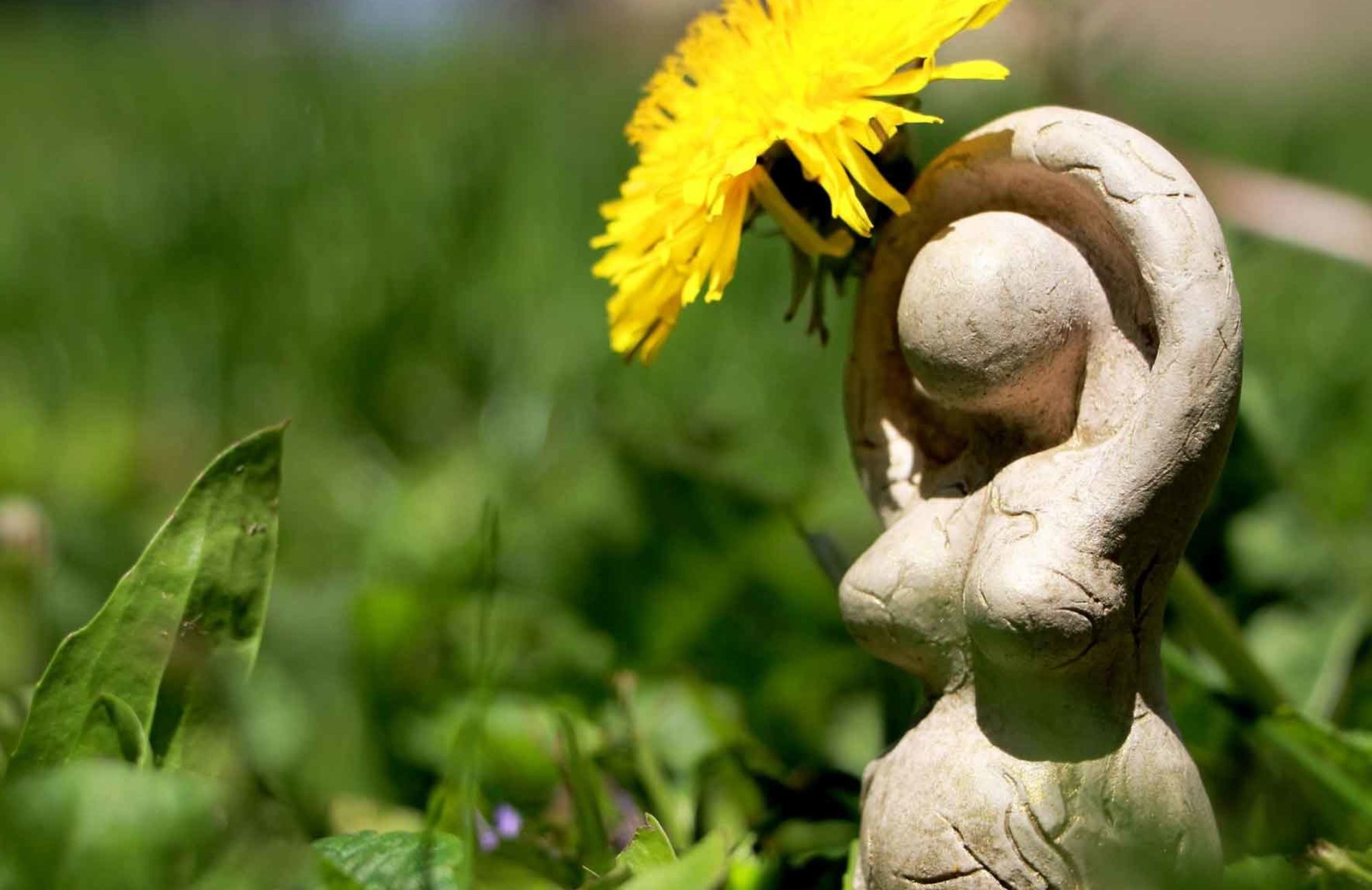Activism into Art into Activism into Art
I will discuss my new (fourth) book ACTIVISM INTO ART INTO ACTIVISM INTO ART with a foreword by Gloria Steinem. I wrote this book to preserve and share the feminist history that shaped where we stand today and which was crucial to my development as an artist and writer. My goal in this book was to present my experiences, which were part of the feminist movement of the 1960s through the 1980s, and the art they inspired me to create. I became a feminist at a pivotal time in history – the 70s and the 80s – and was motivated by what I saw and experienced to create a body of work inspired by these events.

Cristina Biaggi, artist, activist and scholar, has achieved international recognition as a sculptor of bronze and wood and a creator of large outdoor installations and collages in two and three dimensions. Her work has been exhibited throughout the United States, Europe and Australia. She is a respected authority on the Great Goddess, Neolithic and Paleolithic prehistory, and the origin and effect of patriarchy on contemporary life. Her works include Habitations of the Great Goddess, In the Footsteps of the Goddess, and The Rule of Mars. Her most recent book, Activism into Art. . ., with a foreword by Gloria Steinem, is about how the global feminist movement of the 1960s through the 1980s motivated her activism, which in turn inspired her artwork. cristinabiaggi.com








You must be logged in to post a comment.